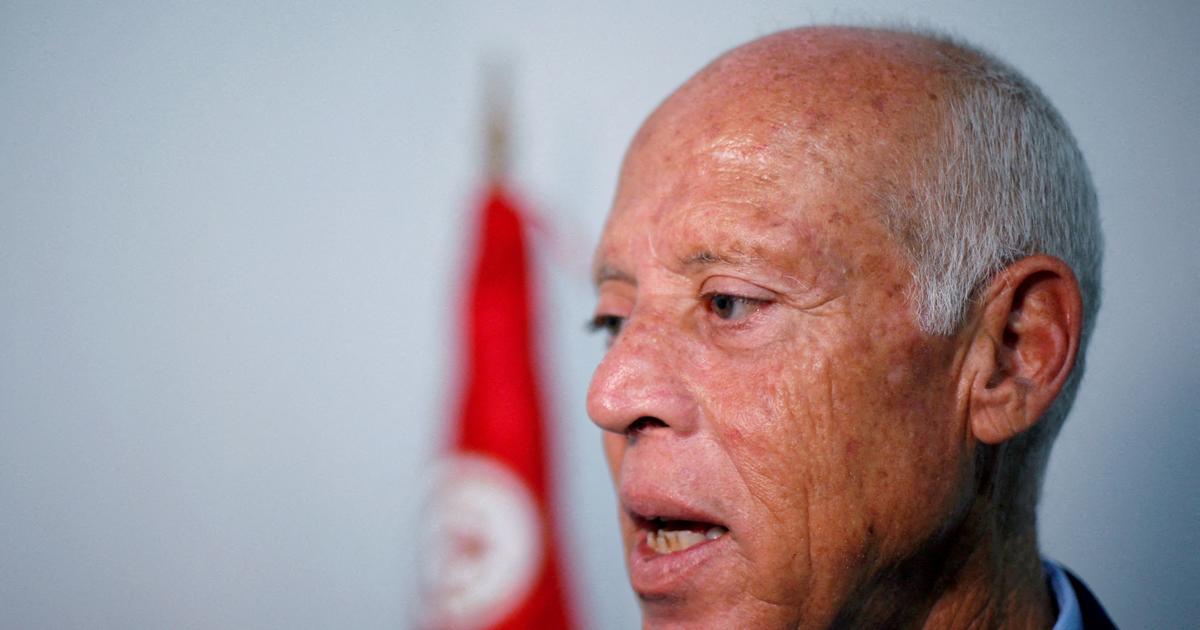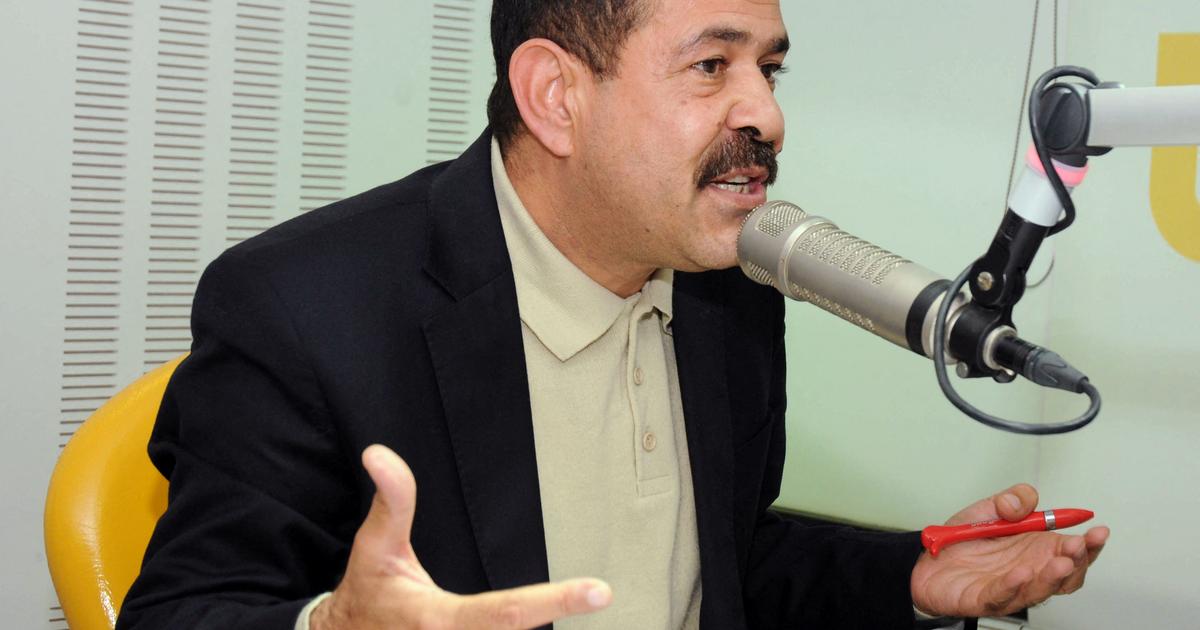The trade union center in Tunisia is organizing a vast strike in the public sector on Thursday, June 16 to make the government give in on wage and social demands, increasing the pressure on the power of President Saïed, who is facing serious political and financial crises.
The strike, called by the powerful Tunisian General Labor Union (UGTT), theoretically concerns some 3 million employees and should paralyze 159 state-owned companies.
To discover
LIVE - Legislative 2022: follow the negotiations the day after the first round
Read alsoIn Tunisia, the isolation of Kaïs Saïed
In a statement released on Wednesday, the UGTT said that public sector workers
"will carry out this strike to defend their economic and social rights after the government's dithering in the face of their legitimate demands and the lightness with which it took the call to the strike launched on May 31
.
Telecoms, postal services, public gas, electricity and water, and transport: the strike will affect large parts of the services.
In particular, it will lead to the cancellation of flights to and from Tunisian airports and the immobilization of public transport (trains, trams and buses).
The Minister of Employment and government spokesperson, Nasreddine Nsibi, affirmed on Wednesday that the executive reserved the right to resort during the strike to the
“requisition”
of certain employees to guarantee a minimum service to citizens.
Although the UGTT claims that its action has no political character, the strike is taking place at a time when President Kaïs Saïed, who assumed full powers 11 months ago, is under intense criticism from the opposition for having excluded it from a national dialogue supposed to lead to a new Constitution, which it will submit to a referendum on July 25.
The UGTT declined an invitation to participate in this dialogue, considering that it aims to
"endorse the conclusions decided unilaterally in advance and force them to pass as accomplished facts"
.
Read alsoIn Tunisia, the president's coup against the judiciary
The trade union center had supported Kais Saïed when he dissolved parliament and dismissed the government in July 2021, but has been critical since his seizure of all powers.
Faced with galloping inflation, the UGTT is calling in particular for new wage agreements to
"correct purchasing power"
for the years 2022 and 2023 as well as, retroactively, for 2021. The trade union center led since 2017 by Noureddine Taboubi also demands the withdrawal of a government circular of December 2021 which prohibits ministries from conducting sectoral bilateral discussions without the agreement of the head of government.
Despite its detractors accusing it of ignoring the country's enormous financial difficulties, the UGTT appears to be in a position of strength since the government needs its support for the reform program it has submitted to the International Monetary Fund ( IMF) in the hope of obtaining a new loan.
This reform plan provides for a freeze in the civil service wage bill, a gradual reduction in certain state subsidies and a restructuring of state enterprises.
Read alsoTunisia: President Kaïs Saïed consults citizens with MCQs
The UGTT, which has warned the government against any
"painful reform"
intended to satisfy the IMF, is also asking for
"guarantees"
so that public enterprises, including many monopolies (cereals office, electricity, fuels, phosphates , etc.), are not privatized.
At the end of May, the rating agency Fitch deplored that the tensions between the government and the UGTT were hampering negotiations with the IMF, deeming it
"very difficult"
to
"adopt political and economic reforms without the support of the UGTT".
.
An influential actor on the political scene since its creation in 1946, the UGTT received in 2015 with three other Tunisian organizations the Nobel Peace Prize for its contribution to the democratic transition in Tunisia, the cradle of the Arab Spring in 2011 but where democracy wavered since the coup de force of Kaïs Saïed.









